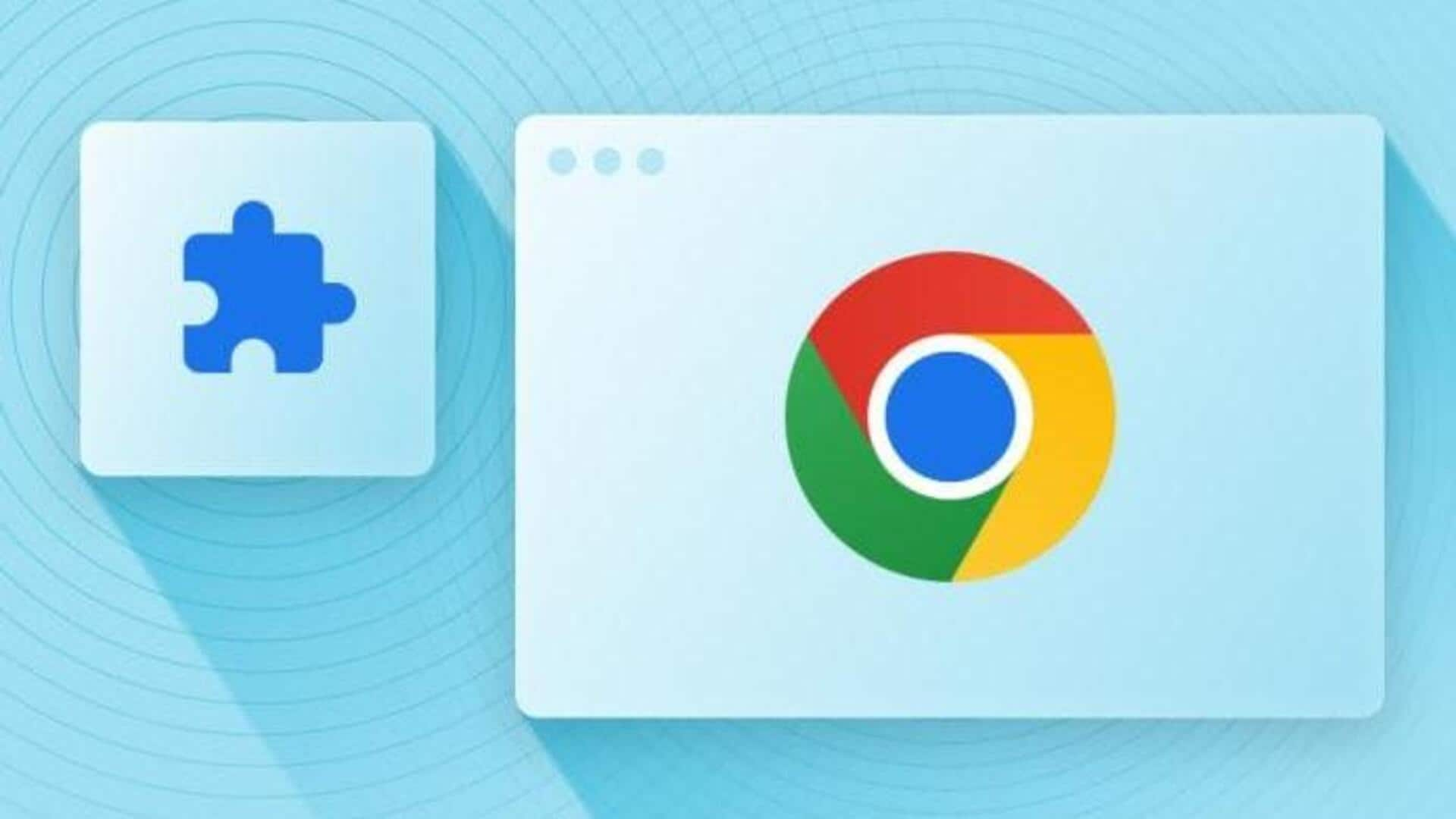
Your favorite Chrome extensions might disappear soon
What's the story
Google Chrome is set to disable certain extensions including the widely-used ad-blocker uBlock Origin.
This decision is part of Google's shift from Manifest V2 extensions to Manifest V3. The goal of this transition is to enhance privacy, security, and performance for users.
A Manifest is essentially a JSON file that provides crucial information about an extension such as its name, version number, and required permissions.
Phaseout process
Google's transition from Manifest V2 to V3
The phaseout process for Manifest V2 extensions was announced earlier this year and began in June 2024 with the Beta, Dev, and Canary channels of Chrome.
As part of this transition, Google has already removed the "Featured" badge for Manifest V2 apps on the Chrome Web Store.
uBlock Origin users have started receiving warnings on the Chrome Web Store, stating that the extension may soon no longer be supported as it doesn't follow best practices for Chrome extensions.
Extension changes
uBlock Origin's future on Chrome
By 2025, uBlock Origin on Chrome will cease to exist in its current form. Users will need to switch to alternatives like Firefox or Brave for advanced ad-blocking capabilities.
Google has stated that users can re-enable disabled extensions initially but this option will gradually be removed from Chrome.
Enterprises using the ExtensionManifestV2Availability policy will not be affected by this change until June 2025.
New version
New solution for users introduced
In response to these changes, the developers of uBlock Origin have introduced a new version called uBlock Origin Lite.
This streamlined version complies with Manifest V3 requirements but lacks some features of its predecessor such as custom filters and element picker and zapper modes.
Despite these limitations, it effectively blocks ads on platforms like YouTube making it suitable for casual browsing or streaming.